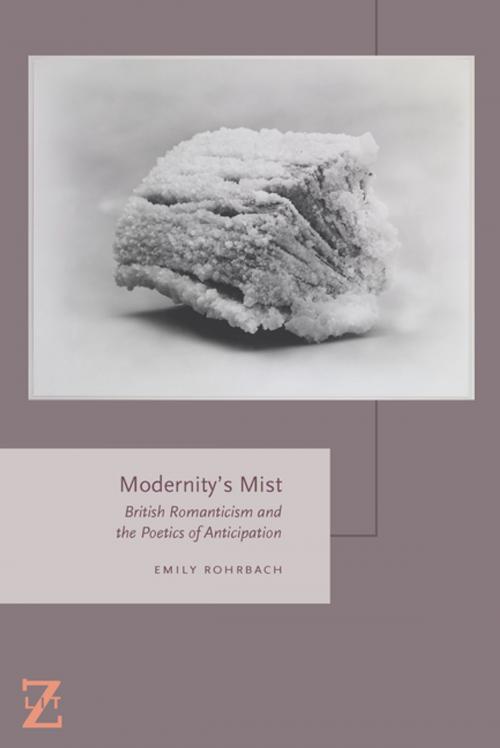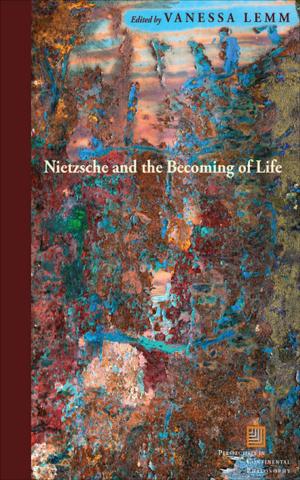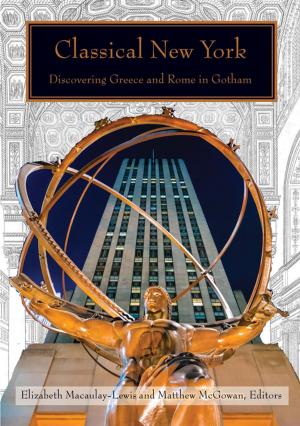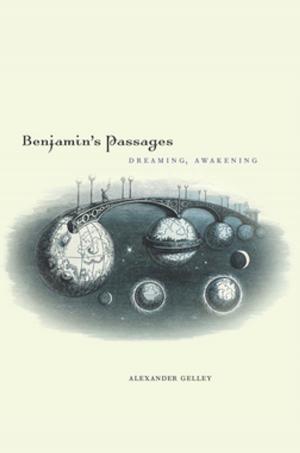Modernity's Mist
British Romanticism and the Poetics of Anticipation
Nonfiction, History, Reference, Historiography, Fiction & Literature, Literary Theory & Criticism, Poetry History & Criticism, British| Author: | Emily Rohrbach | ISBN: | 9780823267989 |
| Publisher: | Fordham University Press | Publication: | December 1, 2015 |
| Imprint: | Fordham University Press | Language: | English |
| Author: | Emily Rohrbach |
| ISBN: | 9780823267989 |
| Publisher: | Fordham University Press |
| Publication: | December 1, 2015 |
| Imprint: | Fordham University Press |
| Language: | English |
Modernity’s Mist explores an understudied aspect of Romanticism: its future-oriented poetics. Whereas Romanticism is well known for its relation to the past, Emily Rohrbach situates Romantic epistemological uncertainties in relation to historiographical debates that opened up a radically unpredictable and fast- approaching future. As the rise of periodization made the project of defining the “spirit of the age” increasingly urgent, the changing sense of futurity rendered the historical dimensions of the present deeply elusive.
While historicist critics often are interested in what Romantic writers and their readers would have known, Rohrbach draws attention to moments when these writers felt they could not know the historical dimensions of their own age. Illuminating the poetic strategies Keats, Austen, Byron, and Hazlitt used to convey that sense of mystery, Rohrbach describes a poetic grammar of future anteriority—of uncertainty concerning what will have been. Romantic writers, she shows, do not simply reflect the history of their time; their works make imaginable a new way of thinking the historical present when faced with the temporalities of modernity.
Modernity’s Mist explores an understudied aspect of Romanticism: its future-oriented poetics. Whereas Romanticism is well known for its relation to the past, Emily Rohrbach situates Romantic epistemological uncertainties in relation to historiographical debates that opened up a radically unpredictable and fast- approaching future. As the rise of periodization made the project of defining the “spirit of the age” increasingly urgent, the changing sense of futurity rendered the historical dimensions of the present deeply elusive.
While historicist critics often are interested in what Romantic writers and their readers would have known, Rohrbach draws attention to moments when these writers felt they could not know the historical dimensions of their own age. Illuminating the poetic strategies Keats, Austen, Byron, and Hazlitt used to convey that sense of mystery, Rohrbach describes a poetic grammar of future anteriority—of uncertainty concerning what will have been. Romantic writers, she shows, do not simply reflect the history of their time; their works make imaginable a new way of thinking the historical present when faced with the temporalities of modernity.















